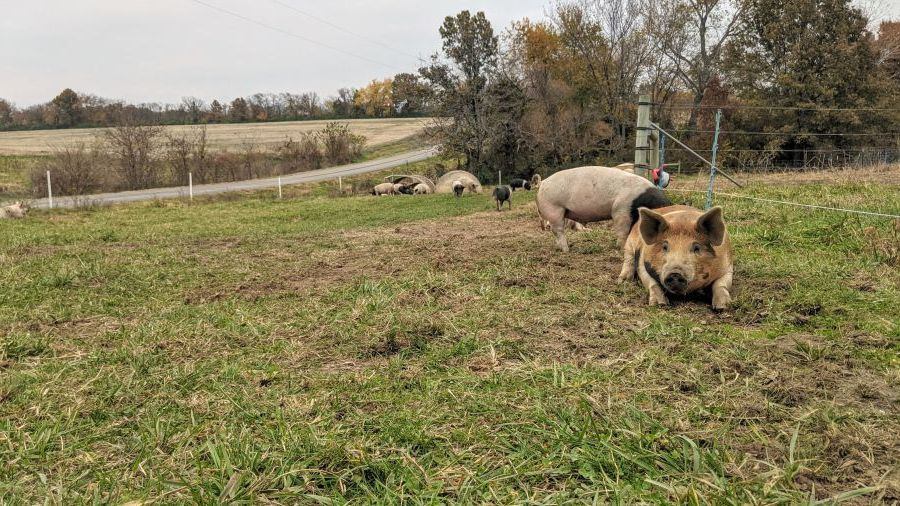Eggshells: The Perfect Calcium Supplement (and free!)
posted on
September 3, 2024

It seems that in the world of health food and supplements, the cleanest, most natural option tends to come at the highest price. But often, the best supplement is hiding right under our nose.
If you're looking for a natural and sustainable way to boost your calcium intake, consider using eggshells! Eggshells are an excellent source of calcium, with one medium-sized shell providing about 700-800 mg of this essential mineral. Ready to try it at home? Here's a simple guide on how to safely prepare eggshells for consumption.
Step-by-Step Guide to Preparing Eggshells for Consumption
1. Collect Your Eggshells: Start by collecting clean eggshells from your kitchen. It's best to use eggshells from cooked dishes, but fresh eggshells are also safe to use after boiling.
2. Thoroughly Wash the Eggshells: Rinse the eggshells under cold running water to remove any remaining egg whites or membrane. Make sure to clean them well, but avoid using soap as it can leave a residue.
3. Boil to Sterilize: Place the cleaned eggshells in a pot of boiling water and let them boil for 5-10 minutes. This step is recommended to kill any remaining bacteria, like Salmonella.
4. Dry the Eggshells: After boiling, drain the water and spread the eggshells on a clean baking sheet. To dry them thoroughly, place them in your oven at a low temperature (about 200°F or 90°C) for 10-15 minutes. You can also air-dry them in a warm, dry place for a few hours.
5. Grind into a Fine Powder: Once the eggshells are completely dry, grind them into a fine powder using a coffee grinder, blender, or mortar and pestle. The finer the powder, the easier it is for your body to absorb the calcium.
6. Store in an Airtight Container: Transfer the eggshell powder to a clean, airtight container and store it in a cool, dry place. The powder can last for several months.
Incorporating Eggshell Into Your Diet
You can add your new eggshell powder calcium supplement to your smoothies, soups, baked goods, or sprinkle it over your meals. Some folks have recommended stirring it into a glass of water. Start with a small amount (about ½ teaspoon per day) and gradually increase if needed. A small amount goes a long way!
Important Safety Tips:
- Avoid Large Pieces: Ensure the powder is finely ground to prevent any sharp pieces from damaging your digestive tract.
- Monitor Your Intake: Too much calcium can lead to health issues, so consult with your doctor if you have any medical conditions or concerns, especially if you are at risk of kidney stones.
- Keep it Clean: Always use clean eggshells and follow the boiling and drying steps carefully to minimize any risk of contamination.
Benefits of Eggshell Calcium
Consuming eggshells is an excellent way to reduce waste and boost your calcium intake naturally. Calcium is vital for strong bones and teeth, muscle function, and overall health. By using eggshell powder, you're taking a more sustainable approach to supplementing this essential nutrient, and one that is free! Win-win!
Give this method a try and enjoy the benefits of eggshell calcium in your diet! Have questions or want to share your experience? Drop a comment below!
Your farmer,
Remi Kesten
- Photo by Katerina Holmes: https://www.pexels.com/photo/metal-scoop-with-eggshells-placed-on-wooden-table-5907544/



